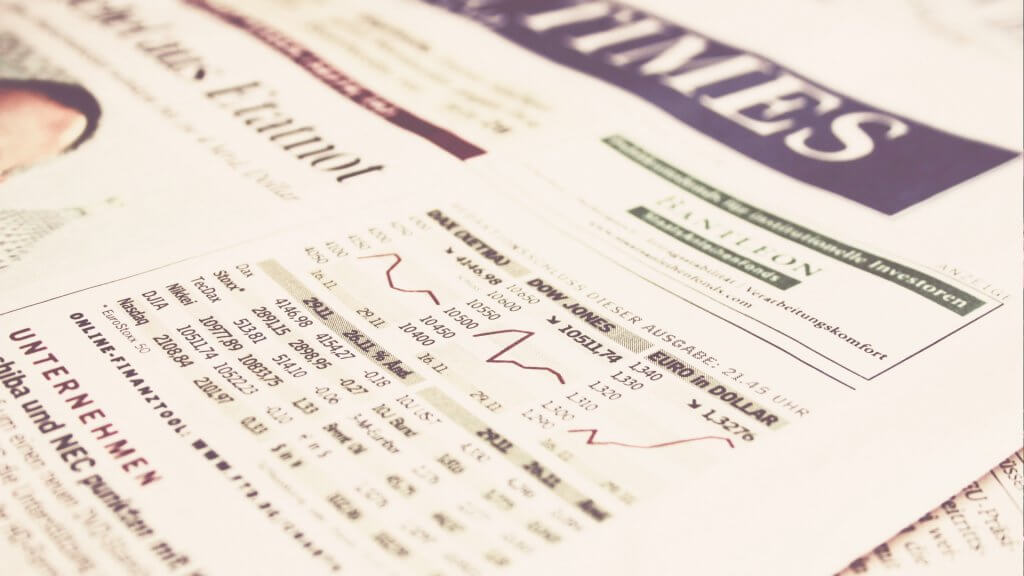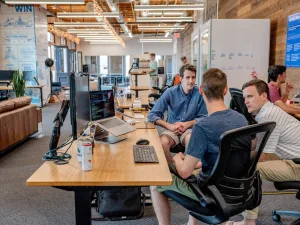According to a report by IVC, ZAG S&W Zysman, Aharoni, and Gayer & Co, in the second quarter of 2020, Israeli high-tech investments hit a new record, with 170 new investments in the second quarter of the year.
Although the Covid-19 epidemic continues to threaten the global economy, there is some relief regarding Israeli investment in high technology, following its almost natural linear trend. The positive trend continued in the first and final rounds in the first half of 2020, reaching $ 5.25 billion in 312 deals.
Israeli investments – From February to March, the number of financing transactions, especially for early financing rounds, decreased significantly. However, in April and May, the number of transactions for previous rounds followed regular intervals and offset the decline in the first quarter of 2020.
Israeli high-tech companies were successful in the second quarter of 2020, raising $ 2.5 billion through 170 deals. The quarter was the second strongest quarter in terms of total amounts allocated. Although the average amount decreased slightly due to the increase in the lower end of the financing rounds, several bids were submitted.
Biocatch, a company that provides behavioral biometrics, has created a $ 145 million investment.
Vast Data provides cost-effective solutions for flash storage infrastructure and integrates applications into a scalable flash storage system to meet high-performance needs. The company has completed a $ 100 million financing round.
Pagaya, a global fintech company that uses artificial intelligence (AI) to reshape asset management and corporate investment, has completed a $ 102 million round of financing.
Israeli investments in the pharmaceutical sector
There are more than 1,500 companies active in the medical sector in Israel. Along with significant investments in research and innovation, Israel is at the center of some essential health and medical technology developments.
The most obvious example is Teva Pharmaceutical Industries, one of the largest global pharmaceutical manufacturers. At the same time, Israel is also a hub for biotechnology companies, R&D centers, and prestigious academic institutions, emphasizing creativity and innovation.
Doxil (known as Caelyx in Europe and Canada) is the world’s first nano-drug to treat various cancer types, developed by researchers at the Hebrew University of Jerusalem. The Weizmann Institute of Science formulated the revolutionary multiple sclerosis drug Copaxone, one of the first Israeli drugs to receive approval from the US Food and Drug Administration.
In recent decades, Israel has become an integral part of the global pharmaceutical industry, with exports to the United States growing from $ 208 million in 1997 to $ 5.9 billion in 2018.
Here are some examples of innovative companies in Israel in the pharmaceutical sector:
Israeli investments – CytoReason has developed the world’s first and only model of the human immune system and the cells that feed it. Founded in 2016 based on Stanford University and the Technion Institute research, the company has collaborated with reputable organizations such as GSK, Pfizer, and the Parker Institute for Cancer Immunotherapy.
Researches
The National Institute of Biotechnology of the Negev (NIBN) has some particular advantages: the first independent research and development center established within a university, Ben-Gurion University of the Negev. The technologies developed by the institute formed the basis for new companies, and applied research has had a tangible effect in the real world, including reducing the infant mortality rate by 30% among Israel’s Bedouin population in the Negev desert.
Dexcel Pharma is the largest private pharmaceutical company in Israel. The company produces both original, proprietary, and public domain drugs. It has over 85 products in over 175 dosage forms, with the company currently having offices with more than 1,000 employees in countries such as the UK, Germany, Singapore, and, of course, Israel.
Israeli investments – With emerging fields such as personalized therapy and the discovery of AI-based drugs designed to transform modern medicine, Israel is in a privileged position to continue to play a vital role in pharmaceutical innovation through technology and innovation.














